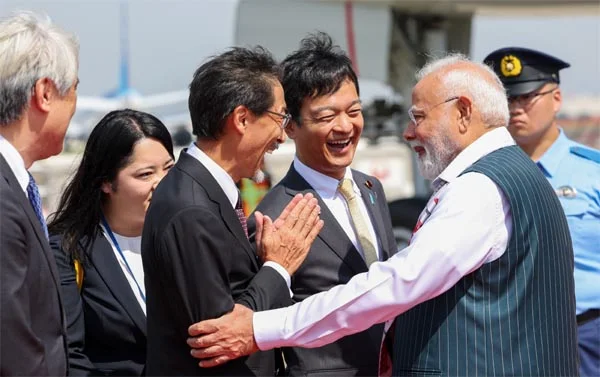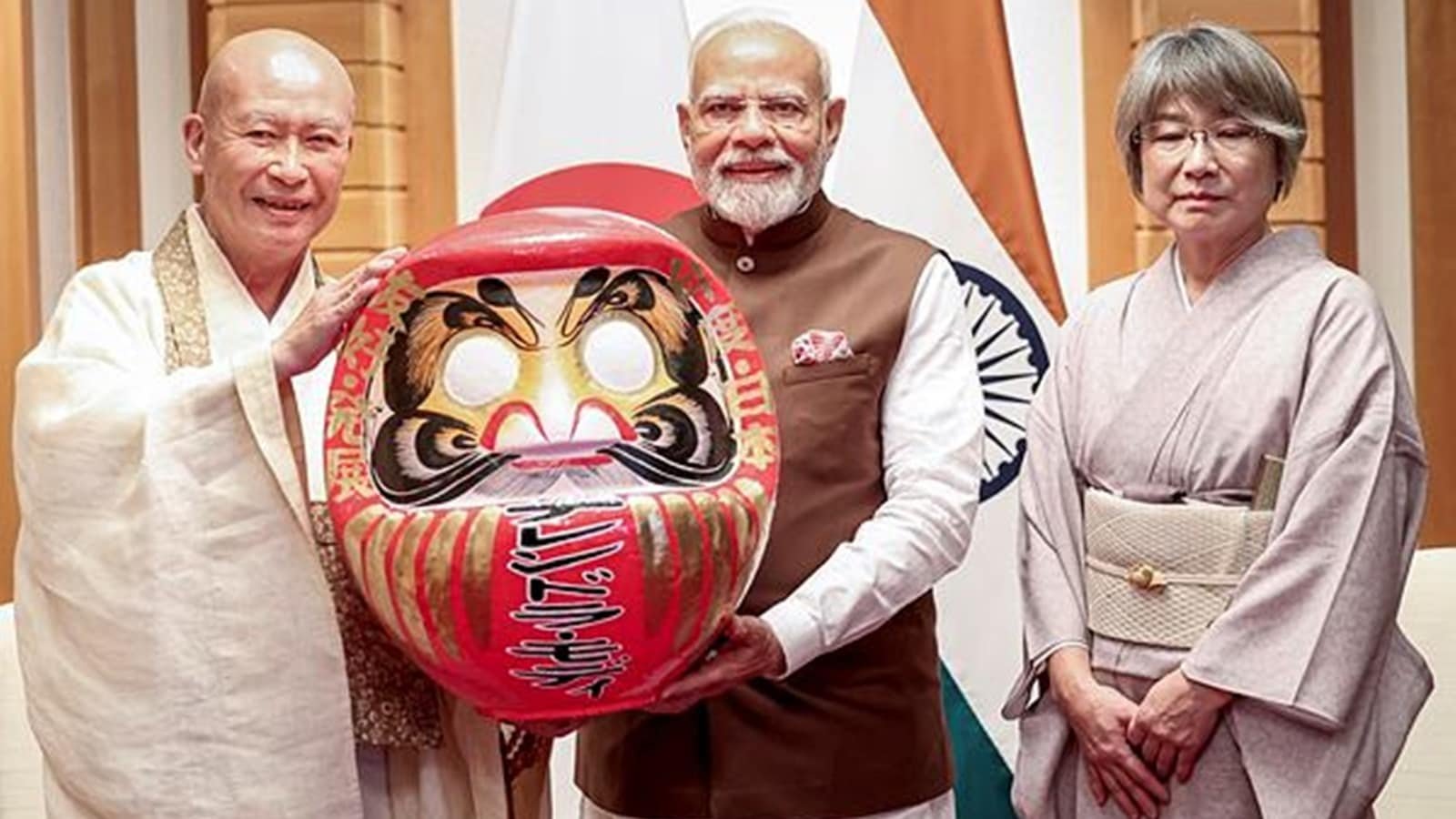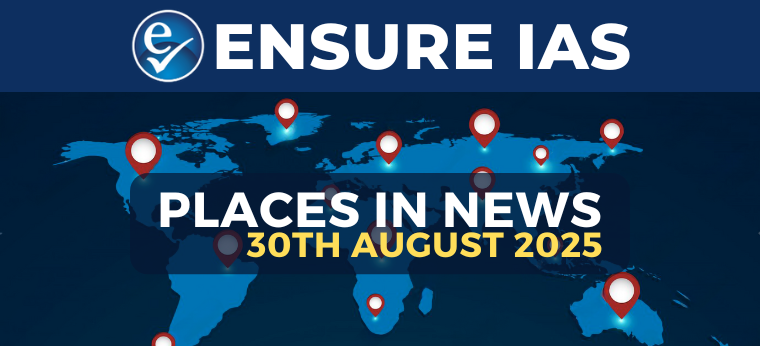Why in the News?
- Rising concerns over the mental health crisis and suicides among students due to the highly competitive entrance exam system (JEE, NEET, CUET, CLAT).
- Regulatory actions and controversies: branch closures, financial misconduct, and Enforcement Directorate raids on major coaching centres.
- Growing debate on equity, fairness, and reforms in admission processes, including proposals for alternative models like lotteries and reliance on board exams.
Ethical Issues Involved
- Equity and Fairness
- Unequal access to quality education creates urban-rural and rich-poor divides.
- Coaching-driven success favours students from affluent families, violating the principle of justice as fairness (John Rawls).
- Exploitation and Commercialization of Education
- Coaching centres operate as profit-driven businesses, charging exorbitant fees (₹6-7 lakh), exploiting student vulnerability.
- Education becomes a commodity, contradicting Gandhiji’s Nai Talim and the Directive Principles of State Policy (Art. 41, 45).
- Mental Health and Student Well-being
- High stress levels lead to depression, suicides, and social isolation, violating Article 21 – Right to Life with Dignity.
- Ignores Aristotle’s concept of Eudaimonia (holistic flourishing), focusing only on marks rather than balanced growth.
- Illusion of Meritocracy and Moral Hazard
- Overemphasis on rank and percentiles creates false meritocracy, disregarding privilege and luck (Michael Sandel’s critique in The Tyranny of Merit).
- Breeds elitism and egoistic superiority, clashing with Kant’s principle of treating individuals as ends, not means.
- Governance and Accountability
- Lack of effective regulation of coaching institutes shows failure of state responsibility under Nolan Committee’s principles of accountability and openness.
- Erosion of public trust in the education system, which is fundamental to ethical governance.
Course of Action
- Reform Admission Criteria for Equity
- Replace cut-throat exams with a weighted lottery system (Dutch model) ensuring minimum academic threshold.
- Affirmative action for rural, government school students to bridge structural inequality.
- Promote Ethical Education Ecosystem
- Ban or nationalise coaching centres, making them non-profit and provide free digital resources (aligning with Gandhian simplicity).
- Encourage school-based learning and holistic development, reducing reliance on private tuitions.
- Ensure Psychological Well-being
- Mandatory mental health counselling cells in schools and higher education institutions.
- Stress management modules and value education inspired by Swami Vivekananda’s emphasis on character building.
- Strengthen Regulatory Framework
- Establish a National Coaching Regulation Authority for transparency in fees, curriculum, and safety norms.
- Use technology-driven monitoring to prevent exploitative practices and financial fraud.
- Foster Ethical Leadership and Responsibility
- Civil servants can champion inclusive policies like free online lectures (as done by IAS officer Krishna Teja in Andhra Pradesh with digital classes).
- Public campaigns promoting educational egalitarianism, echoing Rawls’ Difference Principle (benefit the least advantaged).
Conclusion
An ethical education system should prioritise justice, compassion, and holistic growth over narrow meritocracy. By reducing structural inequalities and promoting fairness through reforms like weighted lotteries, nationalised coaching, and mental health safeguards, India can create an inclusive system where students thrive without undue pressure or privilege-driven advantage.
| EnsureIAS Mains Question
Q. The current system of competitive entrance examinations in India is often seen as an embodiment of meritocracy. However, it has led to commercialization of education, widening inequity, and severe psychological stress among students. Discuss the ethical issues involved and suggest reforms to make the system more just and inclusive. (250 words) |





